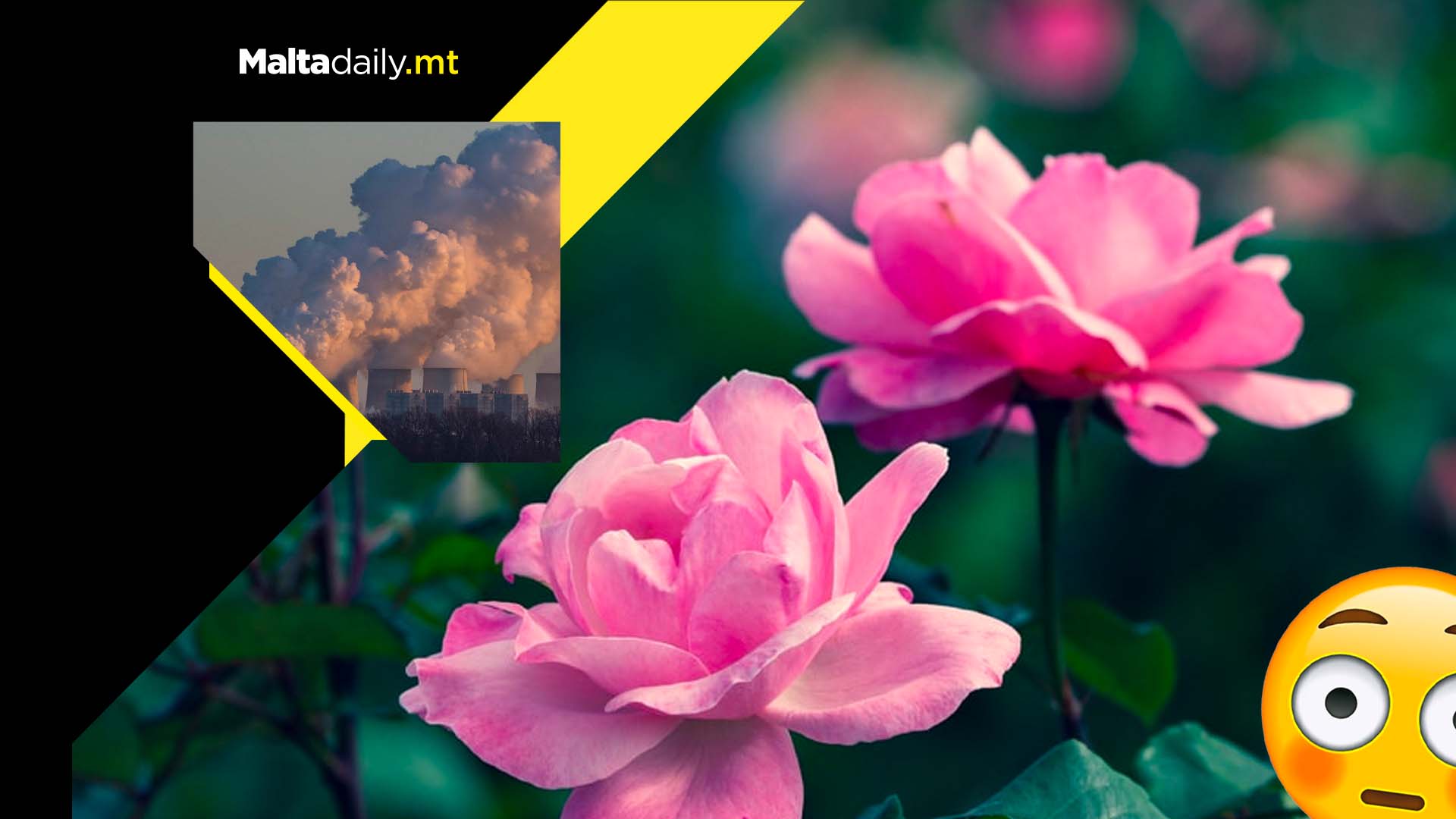Flowers and plants blooming a month earlier due to climate change

Despite flowers blooming being a sight for sore eyes, UK plants are now flowering a month earlier on average due to climate change.Just as autumn leaf fall is being delayed by warmer weather, flowers are appearing earlier on trees and shrubs alike. Scientists are warning of the risks of this, with the blossoming itself being a back-handed appearance.
Scientists claim that if the trend continues, there could be knock-off effect for birds, insects and entire ecosystems. Ecological mismatch may kick in, which would have a dramatic effect on functioning and productivity of nature and farming.Professor Ulf Buntgen of the University of Cambridge said that ‘our climate system is changing in a way that affects us and our environment.’ Global warming is causing spring to arrive early and autumn to come late in many places – and not all plants and animals are adapting at the same rate.This could lead to ecological mismatch – which is when species get out of sync with each other. Pollen, nectar, seeds and fruits of plants are important food resources for many creatures. If flowers appear too early they can be hit by frost which damage the harvest.
With a study looking at hundreds of thousands of observations of the first flowering dates of native trees, shrubs, herbs and climbers. This encompassed all of the UK and Northern Ireland.Researchers compared the first flowering dates of 406 plant species with climate records, finding that early flowering is strongly correlated with rising global temperatures. The research hasn’t gone global yet but similar patterns are to be expected said most of the researchers.
#MaltaDaily
